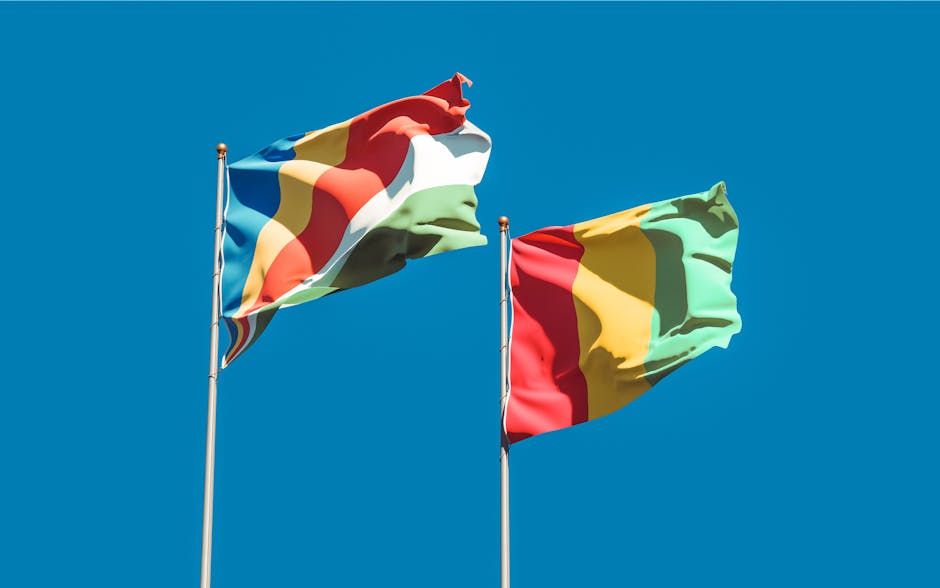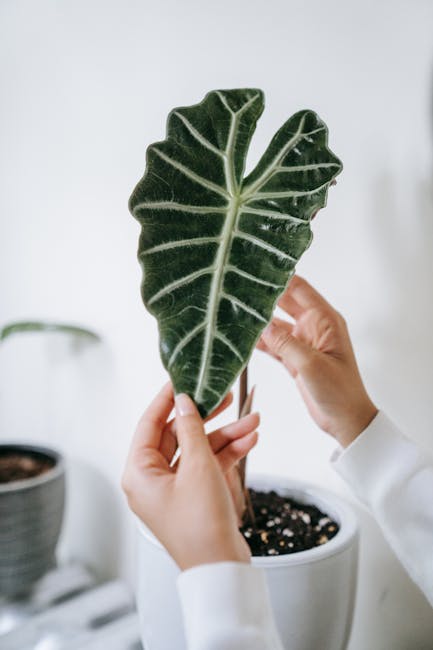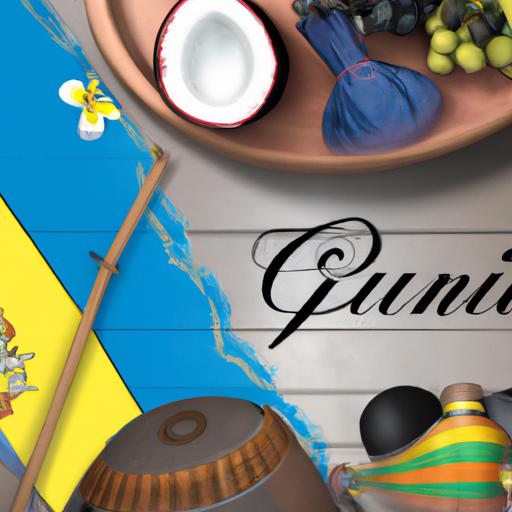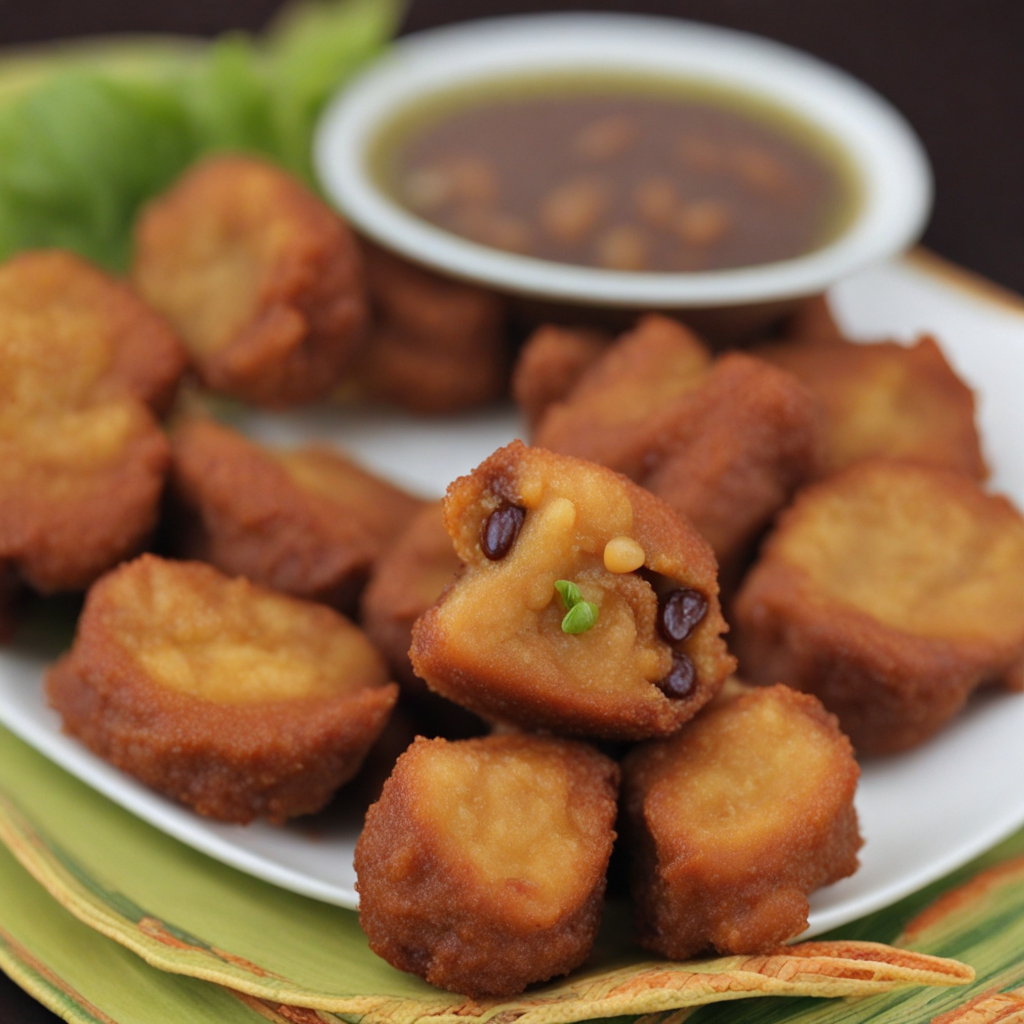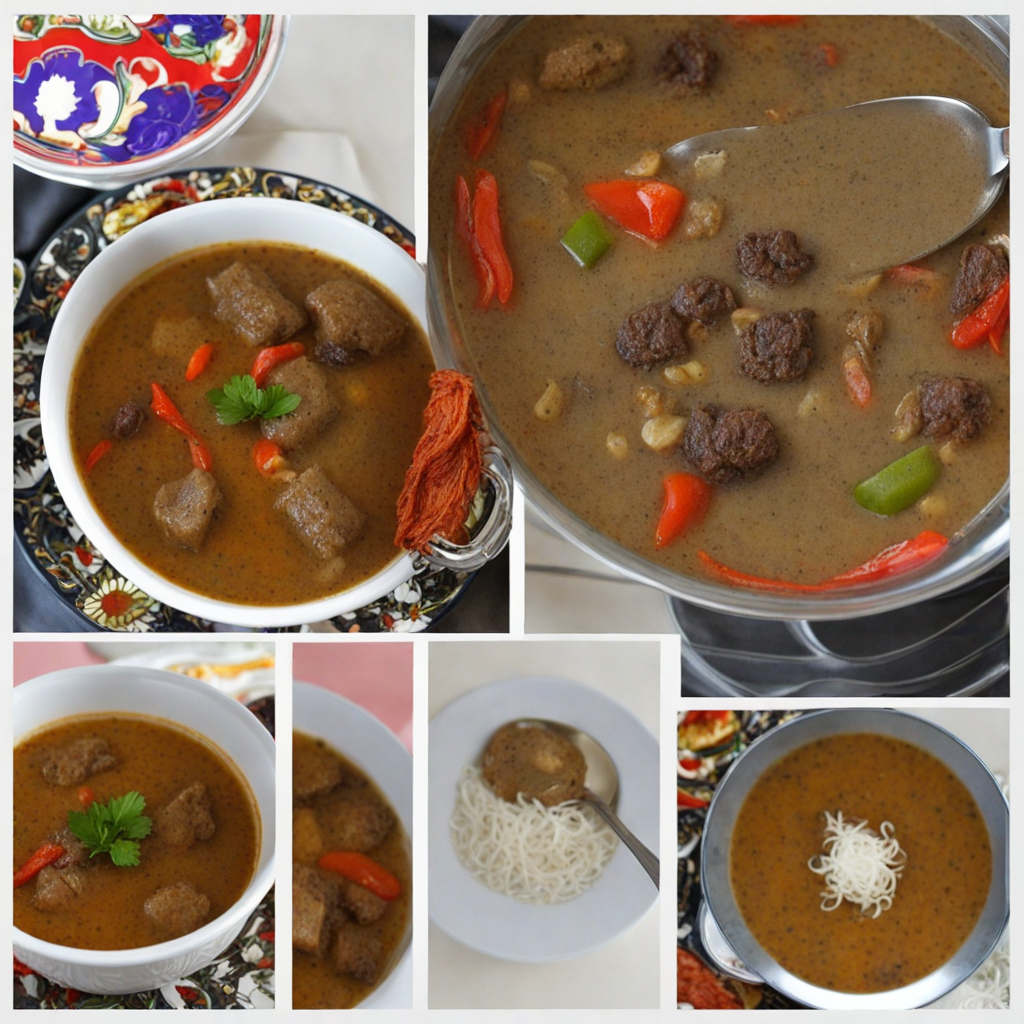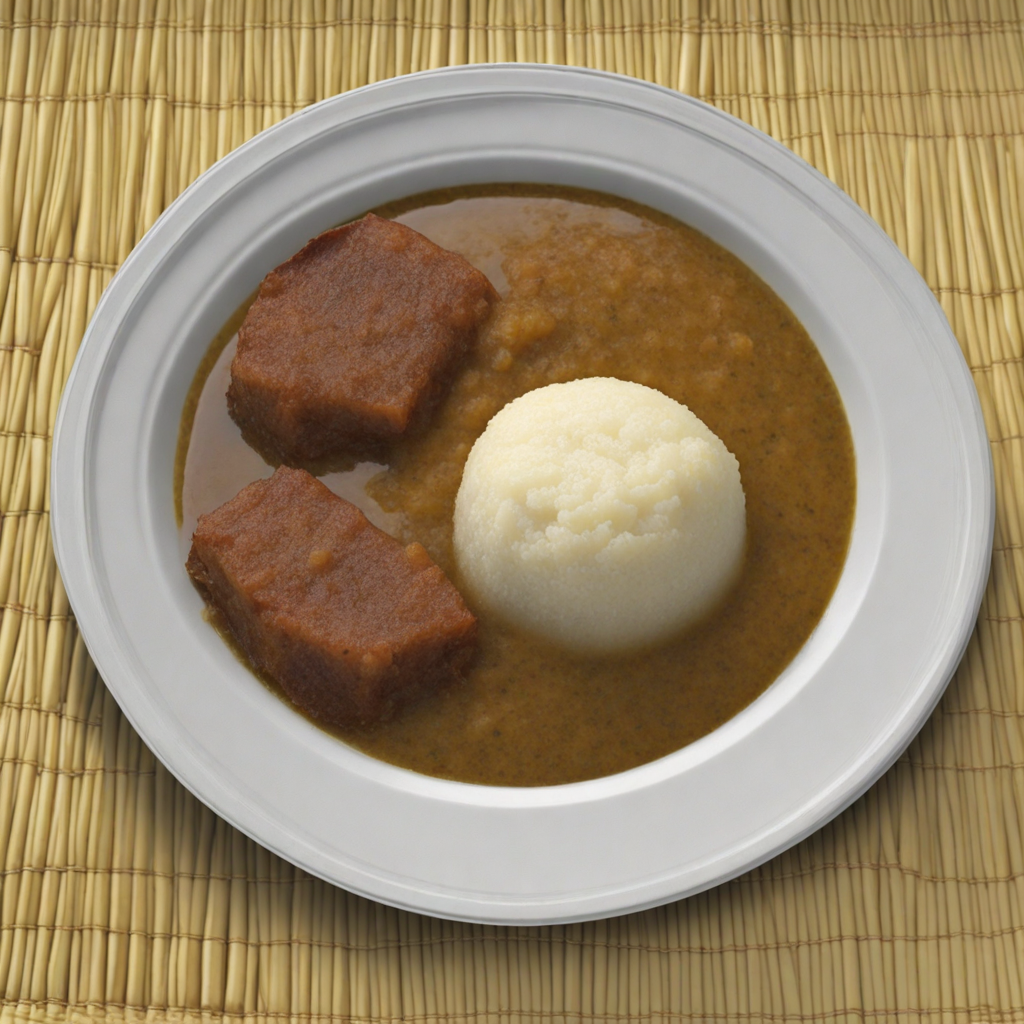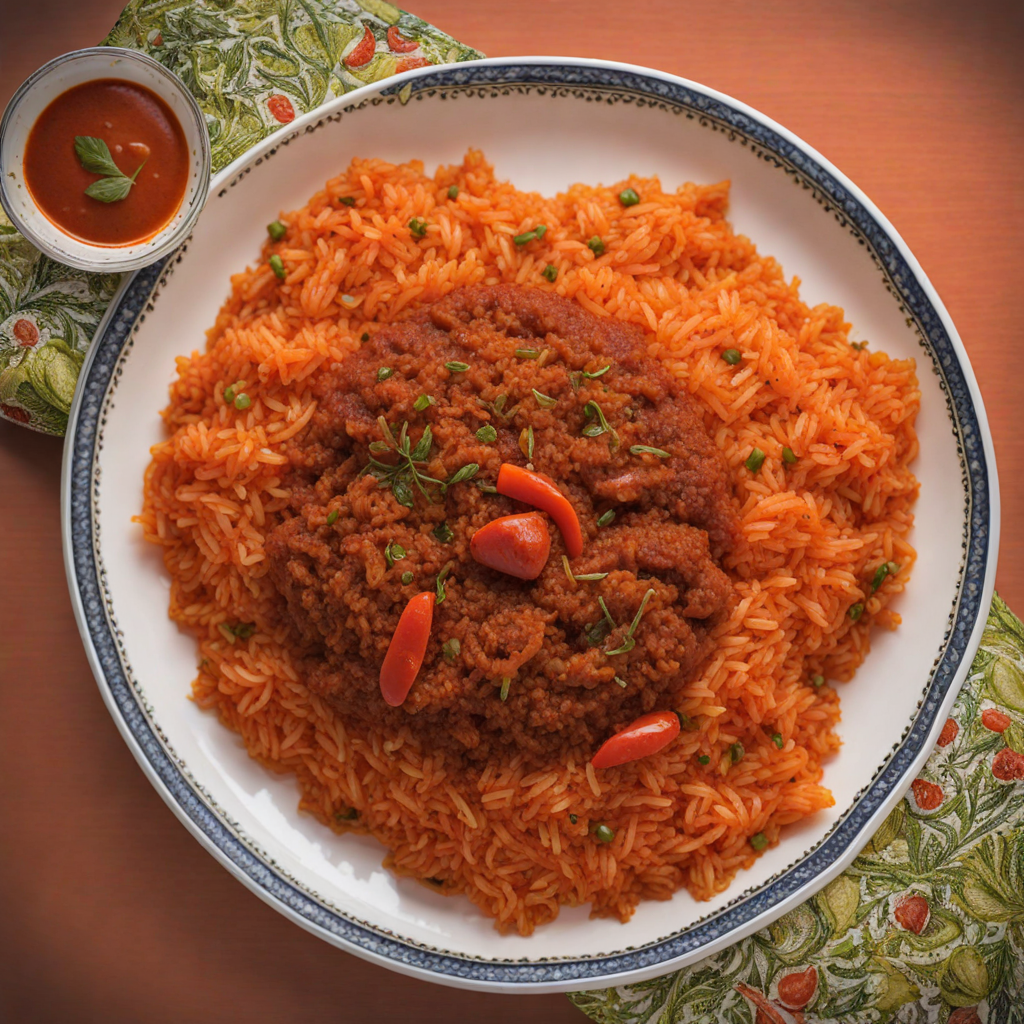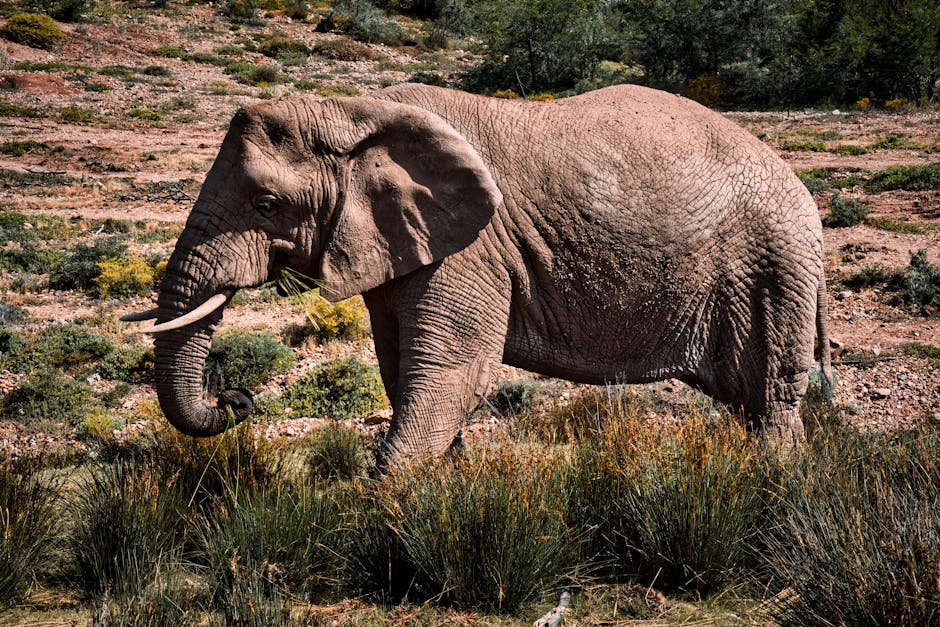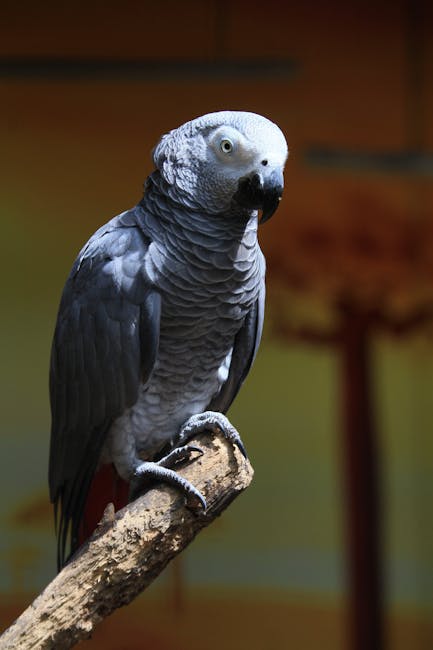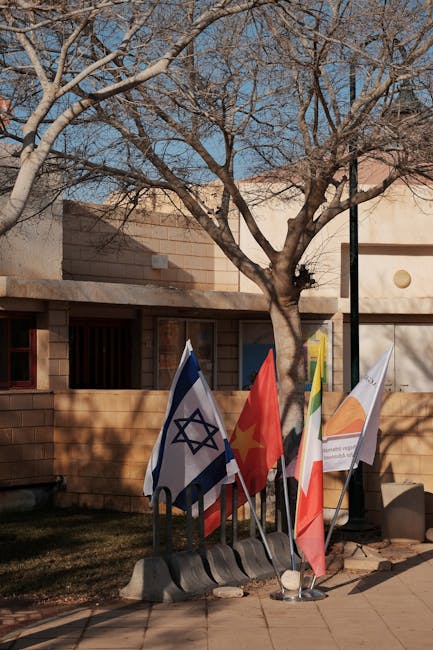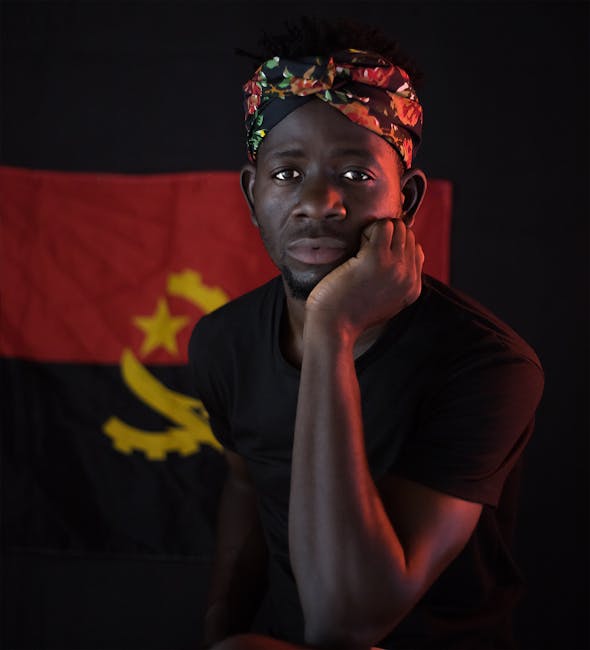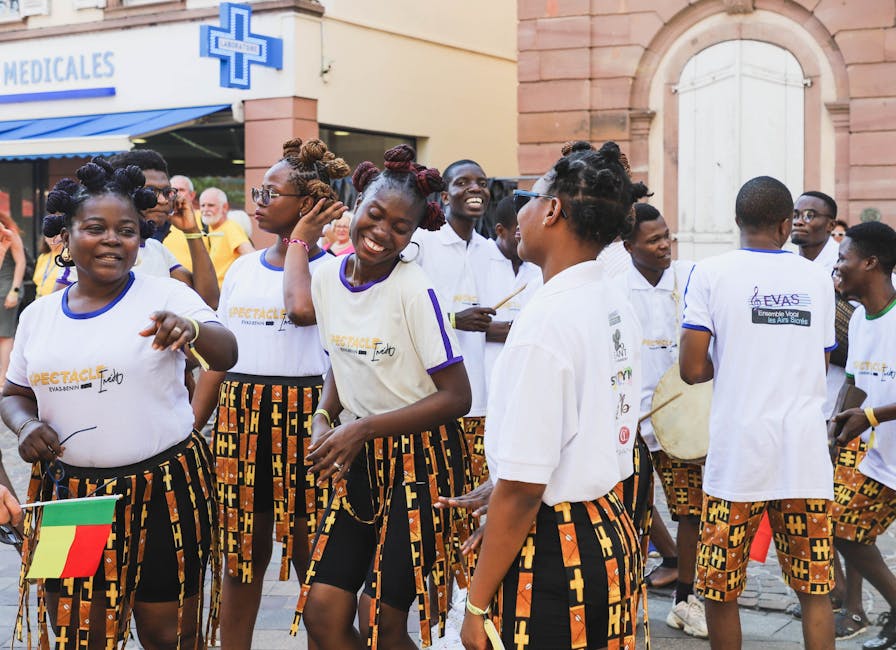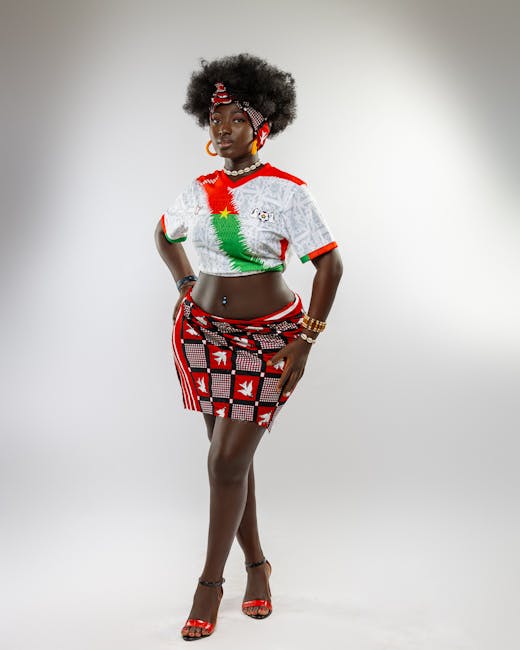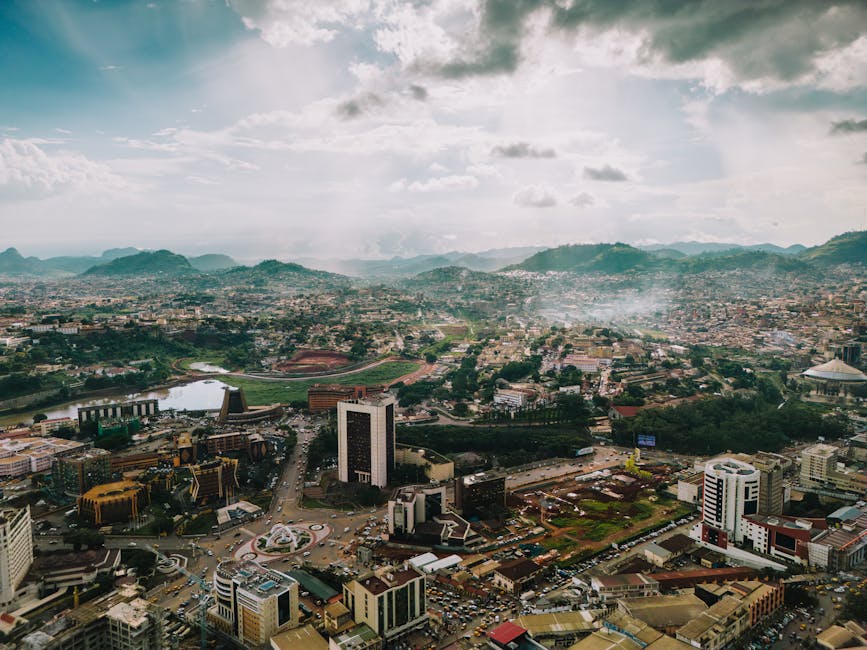Equatorial Guinea
Overview
Equatorial Guinea, located on the west coast of Central Africa, is a hidden gem waiting to be discovered. This small nation is one of the richest countries in Africa, thanks to its oil reserves. Despite its size, the country boasts a rich cultural mix of tribal customs, Spanish colonial influence, and modern African vibrancy. Its uniqueness lies in its diversity; from bustling cities like Malabo and Bata, to its pristine beaches, volcanic landscapes, and dense tropical rainforests. Equatorial Guinea is home to several ethnic groups, each with its own unique customs and traditions. The Fang tribe is the most dominant, contributing significantly to the country's cultural heritage. Spanish and French are widely spoken, alongside indigenous languages.
The best time to visit Equatorial Guinea is during the dry season, which runs from June to September. During this time, the weather is less humid and more conducive for outdoor activities. The country offers a plethora of activities during this season, catering to a wide array of interests. For nature lovers, there's the Monte Alen National Park, home to a diverse range of wildlife including gorillas, chimpanzees, and elephants. The country's beautiful coastal areas offer excellent opportunities for water sports such as snorkeling, fishing, and boating. For those interested in cultural experiences, the local markets are a must-visit for their vibrant atmosphere and the chance to buy traditional crafts.
Before traveling to Equatorial Guinea, there are a few things you should prepare. Firstly, ensure you have a valid passport and a visa, which can be obtained from an Equatorial Guinea embassy or consulate in your home country. The country requires all visitors to have a yellow fever vaccination certificate, so make sure you're vaccinated at least 10 days before your trip. It's also recommended to take malaria prophylaxis and other routine vaccines. Remember, Equatorial Guinea has a tropical climate, so pack lightweight, breathable clothing and a good pair of walking shoes. Lastly, while Spanish and French are widely spoken, learning a few basic phrases in Fang or Bubi can enrich your experience.
A Glimpse into the Past
Equatorial Guinea, a small yet intriguing nation located on the west coast of Central Africa, boasts a rich and complex history that reflects its colonial past, cultural diversity, and modern-day challenges. The country consists of a mainland region, Río Muni, and several islands, with the most significant being Bioko Island, home to the capital, Malabo.
The history of Equatorial Guinea can be traced back to the early 15th century when it was first encountered by Portuguese explorers. The islands were named after the Equator, which runs through the region. In the late 19th century, the Spanish established a colonial presence, and by 1900, Equatorial Guinea became a Spanish colony. This colonial period profoundly affected the local population, leading to the spread of the Spanish language and culture, which remain prevalent today.
The capital city of Malabo, situated on Bioko Island, showcases a blend of colonial architecture and modern development. The city is home to several notable sites, including the magnificent Cathedral of Santa Isabel, an iconic landmark characterized by its neo-Gothic design. The vibrant local markets, such as the Malabo Fish Market, offer travelers an authentic taste of Equatoguinean life, where fresh seafood and local produce abound.
In 1968, Equatorial Guinea gained independence from Spain, becoming one of the first African nations to achieve this during the wave of decolonization in the 20th century. However, independence did not lead to stability. The first president, Francisco Macías Nguema, ruled with an iron fist, implementing a regime marked by repression, human rights abuses, and the exile or execution of political opponents.
Travelers interested in history will find the Museo de la Ciudad in Malabo particularly insightful. This museum, which is housed in a former colonial building, provides exhibits that detail the country’s turbulent past, including the impact of colonialism and the legacy of Macías Nguema.
The overthrow of Macías in 1979 by his nephew, Teodoro Obiang Nguema Mbasogo, marked the beginning of a new era. Obiang is Africa's longest-serving president, and his rule has been characterized by both economic growth and ongoing human rights concerns. Under his leadership, the discovery of oil in the late 1990s transformed Equatorial Guinea into one of Africa's wealthiest nations, albeit with significant wealth disparity and corruption issues.
For tourists exploring the natural beauty of Equatorial Guinea, the Monte Alén National Park in Río Muni offers a stunning backdrop of tropical rainforests and diverse wildlife. This park is a sanctuary for various species, including elephants, gorillas, and numerous bird species, making it a paradise for nature enthusiasts and ecotourists.
Bioko Island is another highlight, known for its volcanic landscapes and beautiful beaches. The Beaches of Sipopo are particularly popular, where travelers can relax and enjoy the pristine waters of the Atlantic Ocean. The island is also home to the Los Picos de Kiosh, a volcanic mountain range that provides excellent hiking opportunities and breathtaking views.
Culturally, Equatorial Guinea is a melting pot of ethnic groups, with the Fang, Bubi, and Ndowe being the most prominent. This diversity is reflected in the country’s vibrant traditions, music, and festivals. Visitors can experience local culture through events like the Fiesta de la Independencia, celebrated every October, showcasing traditional dances, music, and culinary delights.
Equatorial Guinea's cuisine is distinctive, influenced by both African and Spanish flavors. Travelers should not miss tasting local dishes such as pepper soup and succulent grilled fish. The use of fresh ingredients from the land and sea makes the food a highlight of any visit.
Despite its wealth from oil, Equatorial Guinea faces significant challenges, including widespread poverty and a lack of infrastructure. Travelers should be aware of these socio-economic issues, which can impact daily life in the country. While the government has made efforts to improve conditions, the benefits of economic growth have not been equitably distributed among its citizens.
The country is also known for its unique biodiversity, with several endemic species found only in Equatorial Guinea. The Corisco Bay and the surrounding marine reserves are excellent for diving enthusiasts, offering a chance to see colorful coral reefs and diverse marine life.
For those interested in historical sites, the Fortín de San Fernando in Malabo, a colonial-era fortress built to protect against pirates, is worth a visit. The fort offers panoramic views of the city and the ocean, providing a glimpse into the colonial past of the region.
Equatorial Guinea's political landscape remains complex, with ongoing debates about democracy, governance, and human rights. Organizations such as Human Rights Watch and Amnesty International have reported on the country's human rights record, which travelers should keep in mind when discussing local issues.
In recent years, the government has made efforts to promote tourism as a means to diversify the economy beyond oil. The Equatorial Guinea Tourism Office has launched initiatives to attract international visitors, highlighting the country's natural beauty and cultural heritage.
Travelers should also be aware of health considerations when visiting Equatorial Guinea. Vaccinations for diseases such as yellow fever are recommended, and precautions against malaria are essential. It is advisable to consult with healthcare providers before traveling.
In conclusion, Equatorial Guinea is a fascinating destination that offers a unique blend of history, culture, and natural beauty. From the colonial architecture of Malabo to the breathtaking landscapes of Monte Alén National Park, visitors are sure to find a wealth of experiences that reflect the country's diverse heritage. Whether exploring the vibrant markets, indulging in local cuisine, or venturing into the wild, Equatorial Guinea promises an adventurous journey for those willing to uncover its many layers.
Top cities for tourists in Equatorial Guinea
Discover the Famous Cities That Might Captivate Your Interests
Must-Try Foods You Can't Afford to Miss
Indulge in a Variety of Fantastic Foods During Your Stay in Equatorial Guinea
May Be Your Next Destinations
People often choose these countries as their next destination


